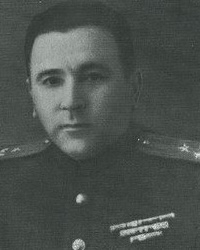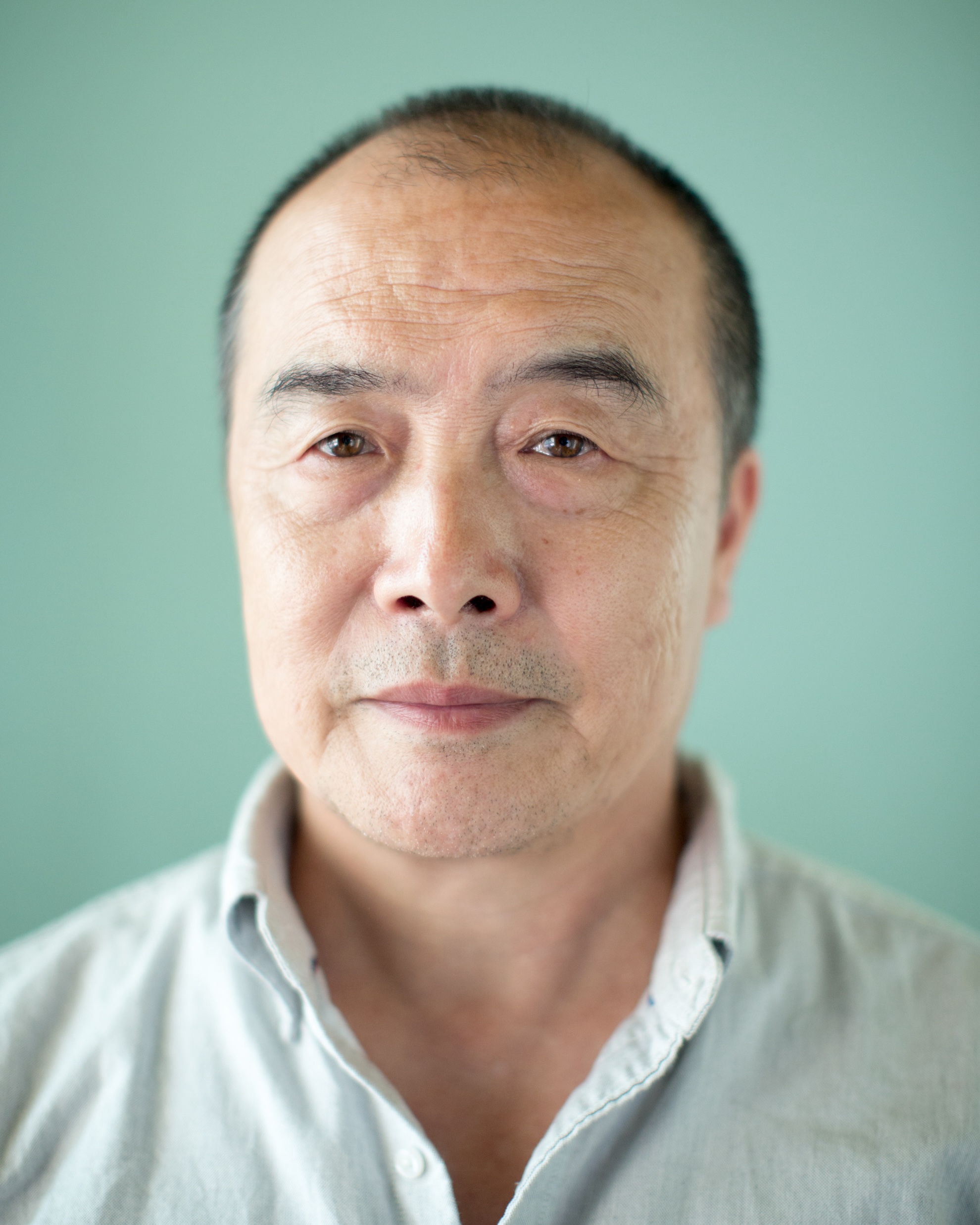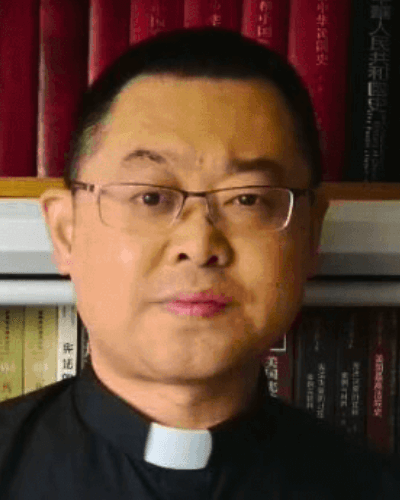Explore the creators
Showing 232 creators in the collection
232 creators
Wang Fuxing
Wang Fuxing, a first-hand witness of the Cultural Revolution. When the Cultural Revolution broke out, Wang was a first-year student in the Department of History of Peking University. Wang's father had been labeled a Rightist in 1957, which made Wang a child of one of the Five Black Categories, which formed what was essentially a permanent underclass in Mao's China (the others were landlords, rich farmers, counter-revolutionaries, and bad elements).
Wang actively participated in the Cultural Revolution and formed a group with his classmates to oppose the then-dominant theory that held that family origin determines the development of an individual. After graduating in 1970, he was sent to work in the countryside of Ding County, Hebei Province. A year later, he was assigned to work in the Propaganda Section of the Anguo County party committee, later to teach in the county high school, before moving to the United States.
Wang has written and published <i>Rescuing Memory: Memoirs of a Peking University Student of the Cultural Revolution</i> and edited the book <i>Retrospect of Stormy Days: An Anthology of Peking University Students' Experiences in the Cultural Revolution</i>.
Wang Lixiong
Wang Lixiong (May 2, 1953-), writer. Born in Changchun, Jilin Province, Wang's mother was a screenwriter at the Changchun Film Studio, and his father was the deputy director of the Changchun First Automobile factory before the Cultural Revolution, a superior of Jiang Zemin, who served as president of China from 1993 to 2003. During the Cultural Revolution, Wang's father was labeled a capitalist and a Soviet agent and died in detention.
In 1973, as a Worker-Peasant-Soldier student, Wang went to study at the Jilin University of Technology, and after graduation, he was assigned to work at the Changchun First Automobile factory. In 1980, Wang left to work with a film crew and began writing novels and screenplays. In 1994, he also participated in the founding of Friends of Nature, the first non-government environmental organization in mainland China.
Wang has written and published many books on Chinese politics, including political allegories <i>Yellow Peril</i> and <i>Reincarnation</i>, non-fiction, such as <i>Sky Burial: The Fate of Tibet</i> and <i>My West China, Your East Turkestan</i> on Xinjiang, as well as books on China’s political system <i>Dissolving Power: A Successive Multi-Level Electoral System</i> and <i>Bottom-up Democracy</i>.
Because of his research, writing, and advocacy activities, Wang was arrested in 1999 on suspicion of leaking state secrets and released after 42 days, and was removed from the Friends of Nature as a board member in 2003 due to government pressure.
Wang is married to the Tibetan writer Tsering Woeser.
During the COVID-19 lockdown in 2022, Wang lived in Shanghai.
Wang Nianyi
Wang Nianyi (1932 - 2007),an expert in the history of CCP and the Cultural Revolution, was considered one of the pioneers and founders of the study of the Cultural Revolution in China. He joined the People's Liberation Army in 1949, and became a CCP member in 1950. After graduating from university in 1960, he worked as an instructor of CCP history at the People's Liberation Army National Defense University. He suffered from a stroke in 1992 and died on September 13, 2007.
Wang Nianyi published more than 50 papers on the CCP history. In 1988, Henan People's Publishing House published his book *The Age of Great Turmoil*, which is recognized as a masterpiece of the study of the history of the Cultural Revolution at home and abroad, and was reprinted several times. Wang conducted in-depth research on Lin Biao and suggested as early as 1996 at a conference about the Cultural Revolution hosted by Institute of Contemporary China Studies that Lin Biao's defection was coerced by Mao Zedong. Wang admitted that when he wrote *The Age of Great Turmoil* in the 1980s, he already had different opinions about the Lin Biao incident, but dared to write only vaguely about it, but later decided to break the taboo and "write straight". He co-authored several books on the Cultural Revolution with other researchers, but was unable to publish them. According to the scholar Qi Zhi, Wang was often warned by the authorities, and after the publication of his article about Lin Biao's defection, which he co-wrote with researcher He Shu and Chen Zhao, administrators from the National Defense University repeatedly approached him to forbid him to write, but were rebuked by Wang.
Wang Shaoguang
Wang Shaoguang (1954-), a political science scholar, taught at a middle school in Wuhan from 1972 to 1977, and was admitted to Peking University after the Cultural Revolution, where he was in the same class with Li Keqiang. Wang received a bachelor's degree in law from Peking University in 1982, a master's degree in political science from Cornell University in 1984, and a doctorate in political science from Cornell University in 1990. He taught in the Department of Political Science at Yale University from 1990 to 2000, and in the Department of Politics and Public Administration at the Chinese University of Hong Kong from 1999 to 2017, and later served as the Cheung Kong Chair Professor at the School of Public Administration of Tsinghua University. Wang is currently a Distinguished Research Fellow of the Institute of State Governance at Huazhong University of Science and Technology and Professor Emeritus of the Chinese University of Hong Kong.
Wang's research areas include comparative politics, political economy, Chinese politics, East Asian Newly Industrializing Economies, central-local relations, democratic theory and practice, and his major publications include *The Defeat of an Extraordinary Leader: The Cultural Revolution in Wuhan*, *Challenging the Myth of the Market*, and *The Bottom Line of Separation of Powers*, etc. In 1993, Wang co-authored *A Study of China's State Capacity* with scholar of economics Hu Angang, which provided the theoretical foundation for China's tax reform.
Wang Xiaolin
Wang Xiaolin (1953– ) was 16 when she went to live and work in the rural areas of Jingmen county, Hubei province, as a sent-down youth. In 1971, she worked at the Yangtze River Shipping Company, and was then admitted to the Telecommunications Department of the Northern Jiaotong University as a Worker-Peasant-Soldier student in 1973. After graduation, she joined the China Academy of Transportation Science as a communications engineer, retiring in 2001. As an independent writer, she has published her works in *[Yanhuang Chunqiu](https://minjian-danganguan.org/collection/%E3%80%8A%E7%82%8E%E9%BB%84%E6%98%A5%E7%A7%8B%E3%80%8B1991%E5%B9%B47%E6%9C%881%E6%97%A5-%E7%AC%AC1%E6%9C%9F)* (*China Through the Ages*, which the archives holds) and *Wengu* (*Reviewing the Past*) magazines, and is the author of *Gu Zhun and His Times* and *The Brothers Mingjian Xue & Yefang Sun*. She is also a volunteer of the Sun Yefang Economic Science Foundation.
Wang Yi
Wang Yi (1 June 1973—) is the founding pastor of the Early Rain Covenant Church in Chengdu, China. He is also a writer, poet, and scholar.
Wang Yi was born in Santai County to a high school language teacher and enterprise manager. He attended Santai Middle School and was profoundly affected by the 1989 Tiananmen Square protests.
In 1992, he began dating Jiang Rong, whom he had known from kindergarten. That year, Jiang enrolled in Chongqing University’s Foreign Language Department, while Wang Yi entered the Law School at Sichuan University. During college, Wang Yi and Jiang Rong wrote more than eight hundred letters to each other. The two married in 1997.
In 2001, he was appointed as the moderator of the “Guantian Teahouse” section on Tianya Forum, with scholars like Liu Junning, He Weifang, and Xiao Shu as active members. The next year, he launched the website “Constitutional Perspectives,” focusing on constitutional theory and China’s constitutional transformation.
In 2004, he and his wife began exploring Christianity and he began supporting cases of house church activists. He was listed by the influential magazine <i>Southern People Weekly</i> as one of “50 Public Intellectuals Influencing China.”
In 2005, Wang was baptized and later became the senior pastor of the Early Rain Covenant Church in Chengdu. Just a few months later, he was selected to <a href=“https://georgewbush-whitehouse.archives.gov/news/releases/2006/05/images/20060511-1_d-0269-515h.html”>meet President George W. Bush</a> at the White House as part of a program to reach out to Chinese Christians.
As an independent house church, the church was regularly suppressed but thrived in the 2000s and 2010s. At its peak it had more than 500 members and networked with other big urban churches in other major Chinese cities. Independent of government control, Early Rain set up a seminary, an elementary school and even a group to aid the families of political prisoners.
In 2018, however, Wang emerged as a critic of Xi Jinping. In his most outspoken sermon, <a href=“https://www.youtube.com/watch?v=eWuv55YgKjY”>he declared</a>: “If Xi Jinping does not repent, he will perish!”
On December 9, 2018, Wang and hundreds of Christians from the church, including his wife Jiang Rong, were arrested by the police, and the church was subsequently banned by the government. Jiang was later released and reportedly lives quietly with the couple’s son, Wang Shuya, in a suburb of Chengdu. The church remains closed but individual members curate a <a href=“https://zh-cn.facebook.com/earlyraincovenantchurch/”>Facebook page</a>. It also has <a href =“https://www.youtube.com/channel/UCn7IF7YEKrgKi0LaCsX8YCg/videos”>a YouTube page</a> with hundreds of videos, including many of Wang’s sermons.
On December 30, 2019, the Chengdu Intermediate People's Court in Sichuan Province announced that Wang was sentenced to nine years' imprisonment for the crimes of inciting subversion of state power and illegal business operation. <a href=“https://www.uscirf.gov/religious-prisoners-conscience/forb-victims-database/wang-yi”>Reports </a>say he is being held in Jintang Prison, Chengdu.
Wang has published more than a dozen books including legal treatises, research on Christianity and Chinese house churches, as well as collections of poetry and essays, such as <i>On Constitutionalism, Classical Christian Education</i>, and <i>Carrying the Cross: A History of Chinese Family Churches.</i>
Sensing his pending detention, on Oct. 4, 2018, Wang wrote <a href=“https://chinachange.org/2018/12/24/my-declaration-the-faith-of-disobedience/”>a manifesto entitled “The Faith of Disobedience.”</a> As per Wang’s instructions, the church published it 48 hours after his detention. In the essay, Wang argued that it was not his job to change society, but as a Christian it was his duty to speak out against evil:
<i>I accept and respect the CCP’s political power as a temporary state allowed by God. As the Lord’s servant John Calvin said, a tyrant comes as God’s punishment for the wicked, with the purpose being to urge the people of God to repent. For this, I am willing to physically obey the rules of their law enforcement as a form of discipline and ordeal from the Lord.
At the same time, I must make it clear that the Communist regime’s persecution of the church is a heinous crime. As a pastor of the Christian church, I must resolutely and publicly condemn these sins. My calling also requires me to transgress all human laws, albeit nonviolently, that violate the Bible and God’s commandments. Christ, my Savior, also asks me to joyfully bear all the consequences that come with the transgression of these evil laws.</i>
Wei Zidan
Wei Zidan (pen name of Wei Liyan), was born in Anyang County, Henan Province in 1933. In 1951, he started to work as a middle school math teacher in Anyang. In 1957, Wei was labeled an Extreme Rightist and dismissed from public service, and was exiled for re-education through labor in Henan Province from 1958 to 1962. In 1978, Wei was rehabilitated and resumed teaching, retiring in 1993. He later moved to the United States. Wei Zidan is the author of *Revisiting 1957*, a record of and reflection on the 1957 Anti-Rightist Campaign.



